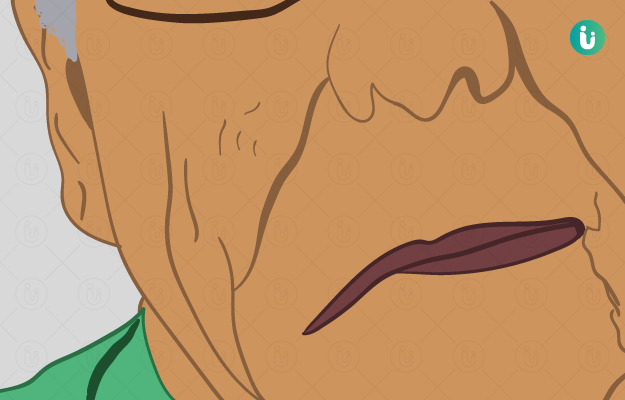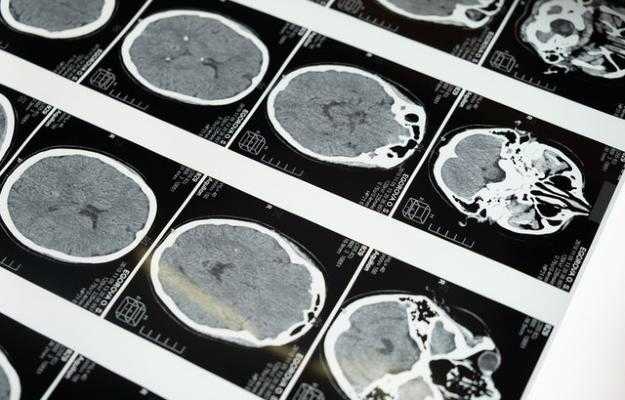What is stroke?
Stroke is a potentially fatal nerve-related medical condition, which occurs when the blood supply to a part of the brain is stopped. Rapid and aggressive medical treatment can save the brain from permanent damage and disability.
What are its main signs and symptoms?
The signs and symptoms vary and occur suddenly and vary for each individual. They are remembered as F.A.S.T:
- Face - dropped to one side with dropped eyes or mouth and inability to smile
- Arms - unable to lift both the arms due to weakness or numbness
- Speech - may be slurred or inability to speak while appearing to be awake
- Time - call for immediate medical help
Other symptoms may include
- Complete paralysis of one side or particular parts e.g., one side of face
- Blurring or loss of vision
- Dizziness
- Confusion
- Problems with balance and coordination
- Difficulty in swallowing
- Loss of consciousness
- Numbness of one or both sides of the body
What are the main causes?
- Ischemic stroke is the result of blockage to the blood supply of the brain. The blockage is caused due to plaque (cholesterol and calcium) deposition on walls of the blood vessels from within.
- Haemorrhagic stroke (cerebral or intracranial haemorrhage) is caused when an artery is ruptured in the brain. High blood pressure is one of the major causes of haemorrhagic stroke.
- Transient ischemic attack also known as mini-stroke or warning stroke, is caused by the partial blockage of the artery. It lasts for less than an hour and is a warning sign of an upcoming serious stroke.
How is it diagnosed and treated?
Based on your symptoms, medical history, family history, and physical examination, the doctor can make the diagnosis. He will also check for numbness of face, arms and legs; blurred vision; confusion; and difficulty in speaking. Blood tests, checking pulse rate and blood pressure, CT scan, CT angiogram, MRI scan, swallow test, carotid ultrasound, and electrocardiogram may be performed.
The treatment of ischemic stroke includes thrombolysis, thrombectomy, antiplatelet therapy, anticoagulant therapy, anti-hypertensive drugs, statins, and carotid endarterectomy.
Haemorrhagic strokes are treated by surgery to remove blood from the brain and manage increased pressure in the brain.

 OTC Medicines for Stroke
OTC Medicines for Stroke
 Stroke articles
Stroke articles News for Stroke
News for Stroke

 First Aid for Stroke
First Aid for Stroke




 Editorial Team
Editorial Team


 Dr. Ayush Pandey
Dr. Ayush Pandey











